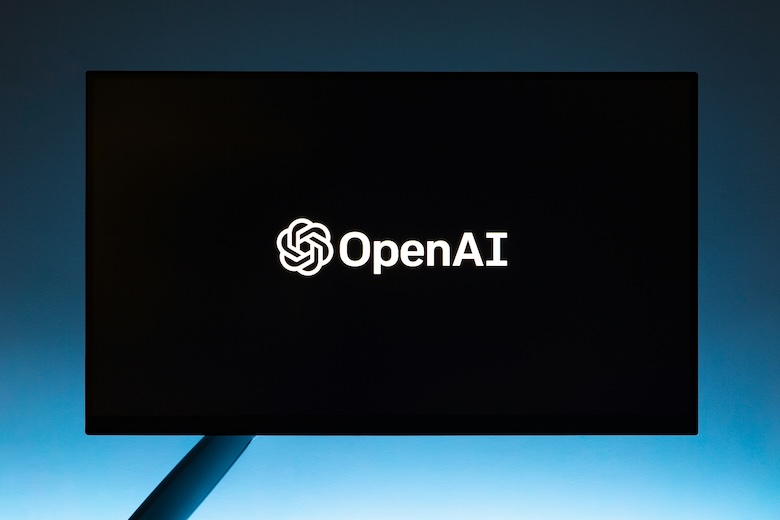Why should you watch this video?
This video/article offers an exclusive glimpse into OpenAI’s latest developments and strategic shifts, shedding light on the future of AI technology and its potential impact on the industry and society.
Key Points:
The content focuses on OpenAI’s recent period of silence, which was a strategic move to concentrate on groundbreaking advancements in AI technology. It highlights the organization’s shift towards more sustainable and ethical AI development practices, as well as its efforts in enhancing AI’s accessibility and utility across various sectors. The discussion includes the introduction of new AI models with advanced capabilities, improved efficiency, and reduced environmental impact, emphasizing OpenAI’s commitment to responsible AI innovation.
Broader Context:
OpenAI’s strategic shifts and advancements are set against the backdrop of a rapidly evolving AI landscape, where ethical considerations and sustainable practices are becoming increasingly important. These developments reflect a growing industry trend towards responsible AI, addressing critical issues such as data privacy, security, and the environmental impact of computing power. By focusing on these areas, OpenAI not only leads by example but also contributes to the broader dialogue on the future of AI and its role in society.
Q&A Sessions (Examples from the Video / Article):
-
What are the key advancements made by OpenAI during its quiet period?
- OpenAI focused on developing more efficient AI models that offer advanced capabilities while minimizing environmental impact and improving ethical standards.
-
How does OpenAI plan to enhance AI’s accessibility across different sectors?
- By introducing user-friendly AI models and tools that can be easily integrated into various industries, OpenAI aims to democratize AI technology, making it more accessible and beneficial for a wider range of applications.
-
What strategic shifts has OpenAI made to address ethical considerations in AI development?
- OpenAI has prioritized sustainable development practices, emphasizing ethical considerations, data privacy, and security in their AI models to foster a more responsible approach to AI innovation.
Deep Dive:
One notable advancement is the development of AI models that significantly reduce the environmental impact of AI training and deployment. These models leverage new algorithms and computing techniques to decrease energy consumption and carbon footprint, addressing one of the major concerns surrounding AI development. This not only advances the field technologically but also aligns with broader environmental goals, marking a significant step towards sustainable AI.
Future Scenarios and Predictions:
Given OpenAI’s focus on ethical AI development and sustainability, we can anticipate a future where AI technologies are integrated more harmoniously into society. This could lead to AI systems that are not only more efficient and powerful but also designed with ethical considerations at their core. We may see increased collaboration between AI organizations and regulatory bodies to ensure that AI advancements benefit all of humanity, with a particular emphasis on addressing global challenges such as climate change and healthcare.
Inspiration Sparks:
Imagine a world where AI not only coexists with humans but also actively contributes to solving some of the most pressing environmental issues. How could OpenAI’s advancements in sustainable and ethical AI be applied to create innovative solutions for climate change, resource management, or conservation efforts? Consider developing a concept for an AI-driven project that aligns technology with environmental stewardship.





